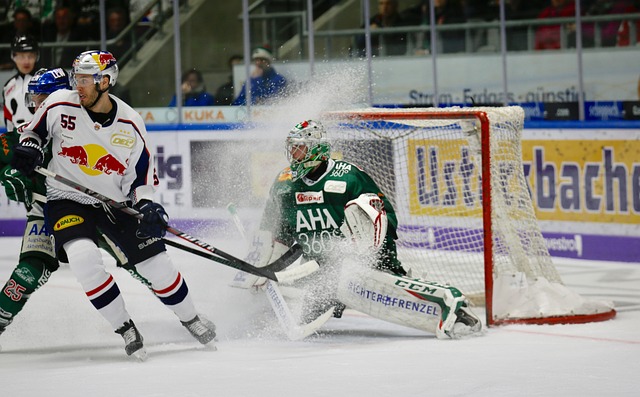In the digital age, sport faces a dangerous threat: match-fixing through real-time betting. However, online platforms and their global access have turned this phenomenon into a multi-billion dollar business. The same technology that facilitates betting also enables illicit practices. Match-fixing, for example, manipulates results for financial gain.
Live Betting
Real-time betting allows punters to gamble while the event is unfolding. This has increased fan excitement and engagement. But it also creates opportunities to manipulate results in favor of some.
Match-fixing is no longer exclusive to major leagues or international events. Low-profile matches, such as in minor leagues or less popular sports, are an easy target. These matches often have less oversight, making it easier for players, referees, or coaches to manipulate.
Why low-profile matches?

Low-profile matches are more vulnerable to fixing because of their low visibility and limited oversight. While major events receive extensive media coverage, regional tournaments or minor leagues do not get the same attention. This makes them easy targets for match-fixers, who can operate undetected for a long time.
In addition, at these levels, players and officials earn lower salaries. This makes them more susceptible to accepting bribes to influence the outcome of a match. Sometimes, a small sum of money can impact an athlete with an unstable or struggling income.
The global impact of betting markets
Today, anyone with the internet can bet on almost any sport, anywhere in the world. This means that a football match in a minor league or a tennis tournament in Europe can attract bets from any country. The combination of betting on low-profile events and the ease of manipulating them has made match-fixing more lucrative than ever.
This problem is not limited to traditional sports. Electronic sports (esports) have also fallen victim to match-fixing. Any sport with a significant betting market can be affected.
The consequences for the integrity of sport
Match-fixing does not only affect those directly involved, but has broader consequences for sport in general. When fans doubt the results, the credibility of the sport is damaged. In the long term, this can reduce the interest of the public and sponsors, harming athletes and organisations.
Furthermore, match-fixing entails serious legal risk. Many countries have tightened sanctions against this practice. Athletes, referees or coaches involved can face life bans or even prison. At an organisational level, leagues and federations have begun to implement stricter measures to detect and prevent such cases.
Strategies towards integrity

Combating match-fixing requires joint action by several parties. Sports organisations must improve oversight, even at low-profile events. The use of advanced technology, such as algorithms that detect suspicious bets, can help identify manipulations.
Governments must also regulate betting platforms and apply severe sanctions to the culprits. Furthermore, it is essential to educate players, coaches and referees about the risks of match-fixing. Offering them financial support in times of need can reduce their vulnerability to corruption.
Integrity Above All
The accessibility of real-time betting has brought new challenges to the integrity of the sport, especially in low-profile matches. However, with preventative measures and international cooperation, it is possible to protect the sport from match-fixing. This will ensure that it remains a source of clean and competitive entertainment for fans around the world.


